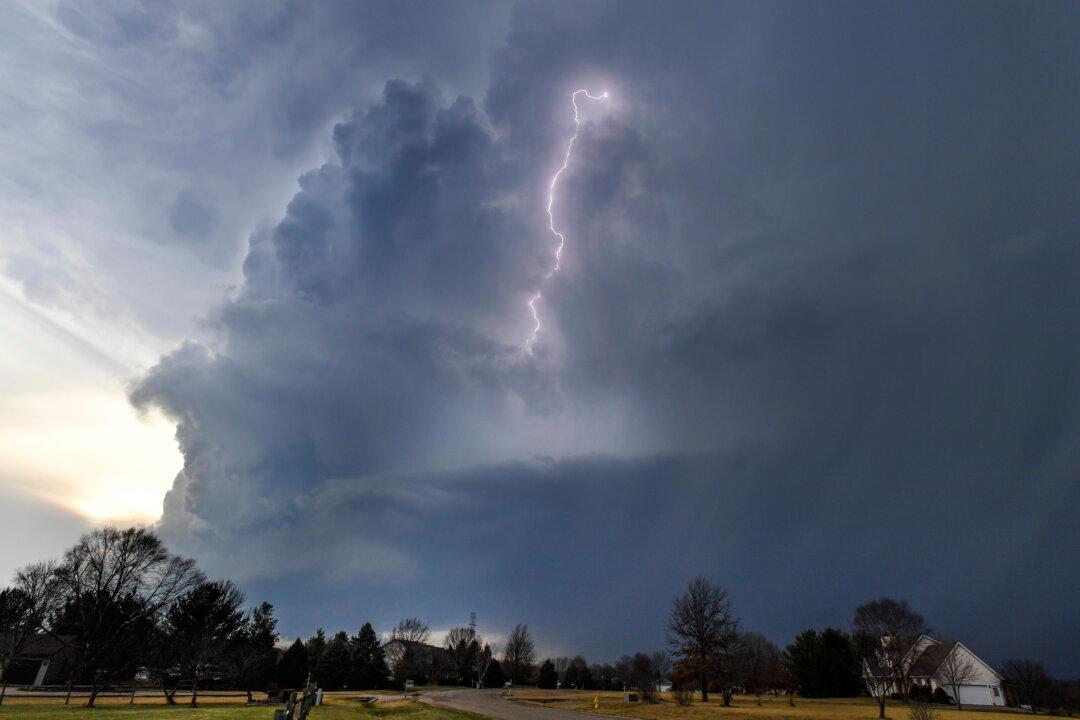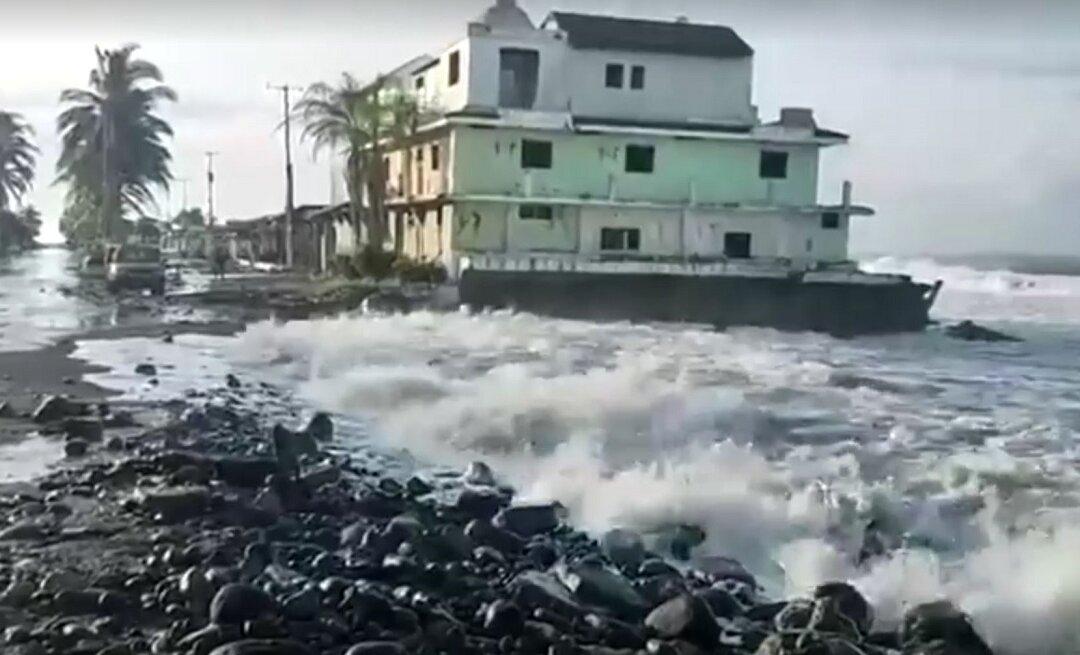A powerful derecho storm moved through the Upper Midwest on Friday night, gathering up 73 damaging wind reports, according to the National Weather Service, and the same area remained under threat of more severe weather Saturday.
More than 100 damaging wind reports have already come in. The threat of large hail and isolated tornadoes will continue Saturday for northern Iowa, southern Minnesota, Wisconsin, and Michigan.




